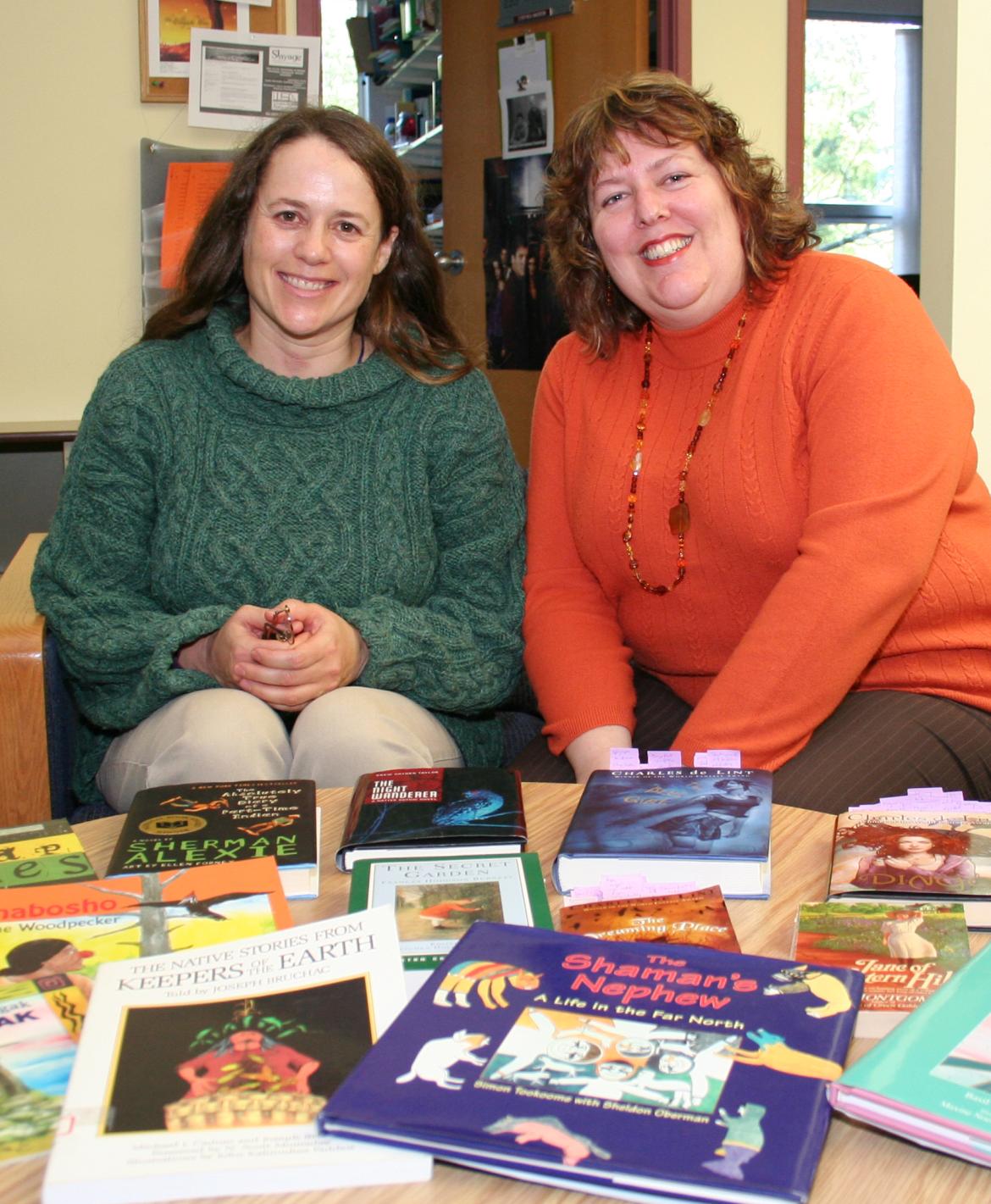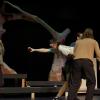
February 1, 2012 - 2:00am
Several speakers who participated in a post-graduate conference on The Child and the Book at Vancouver Island University in May 2009 will gather again to continue the discussion Friday, Feb. 10, at 10 am in the Malaspina Theatre on the Nanaimo campus.
The conference proceedings were collected into a book of essays edited by Terri Doughty (English Department, VIU) and Dawn Thompson (Chair, English Department, VIU). The authors explore indigeneity and place, analyze the relation between the child and the natural world, and study the role of fantastic spaces in the child’s construction of self.
Part of VIU’s Arts and Humanities Colloquium Series, this presentation addresses the premise that where individuals are situated matters as much if not more than it ever has.
Traditionally in the West, children were expected to “know their place,” but colloquium organizers pose the questions: “What does this mean in a contemporary, globalized world? Does it mean to continue to accept subordination to those larger and more powerful? Does it mean to establish and maintain a connection to one’s place of origin? Or is it about gaining an awareness of the ways in which identity is derived from a sense of place?”
Doughty and Thompson’s collection of essays maps a broad range of historical and present-day texts that explore how, in children’s literature, the physical places and psychological spaces inhabited by children and young adults help shape the identity of both characters and readers.
Doughty and Thompson will present an overview of the book after which they and participants – Donna Flett, Aboriginal teacher, John Barsby Community School; Janet Grafton, a graduate student at the University of Northern British Columbia; and Sheila Grieve, Co-Chair, Early Childhood Education, VIU – will give brief individual presentations on specific chapters.
• Doughty will discuss the uses of liminal spaces in the identity formation process in Charles de Lint’s young adult fantasy fiction.
• Thompson will share her reading of the implications of educational decisions that take Aboriginal youth away from home in Sherman Alexie’s The Absolutely True Diary of a Part-time Indian.
• Flett will present her argument that Drew Hayden Taylor’s Aboriginal young adult vampire novel The Night Wanderer contributes to a rethinking of the roles of elders in a youthful aboriginal population.
• Grafton will provide an eco-critical analysis of green space as healing space in novels by Frances Hodgson Burnett, L. M. Montgomery, and Dorothy Canfield Fisher.
• Grieve will discuss the importance of Aboriginal children having access to picture books which reflect indigenous experience.
The presentation will be accompanied by refreshments and followed by discussion. It is free of charge, and students are especially welcome.
-30-
For more information, please contact:
Daniel Burgoyne: <daniel.burgoyne@viu.ca> Timothy Lewis: <timothy.lewis@viu.ca> Deborah Torkko: <deborah.torkko@viu.ca>
Tags: In the Community






